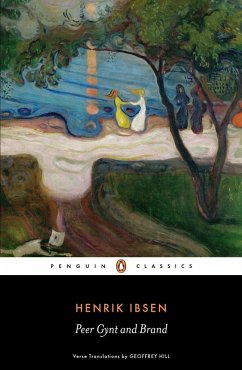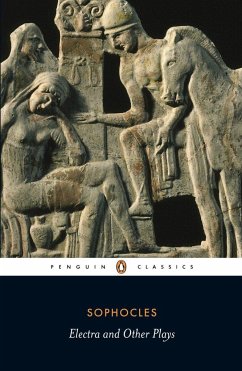
Japanese No Dramas

PAYBACK Punkte
10 °P sammeln!
"No Plays" are a major contribution to Japanese theatre. These lyric dramas evolved in the 14th century from ritual dances associated with Shinto worship, and their form became fixed in the 17th century. This book looks at this Japanese art form and its influences on Western writers.













